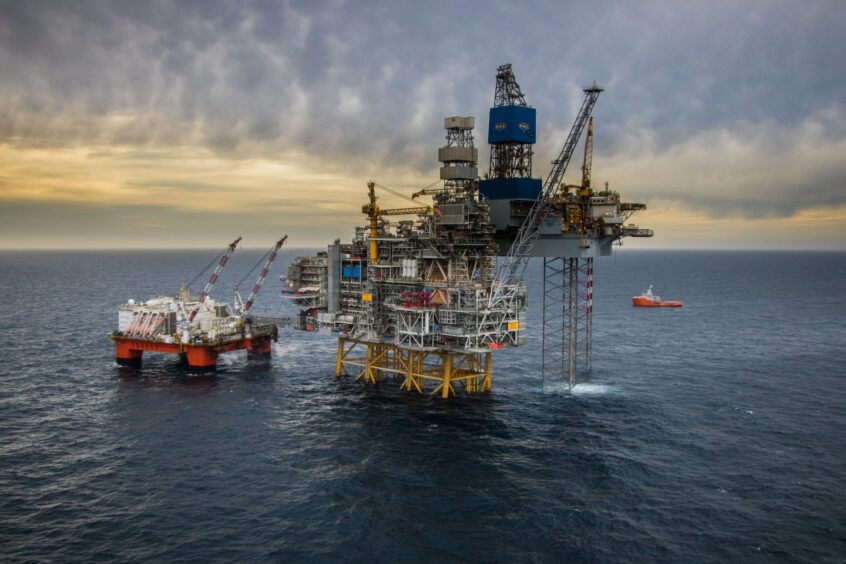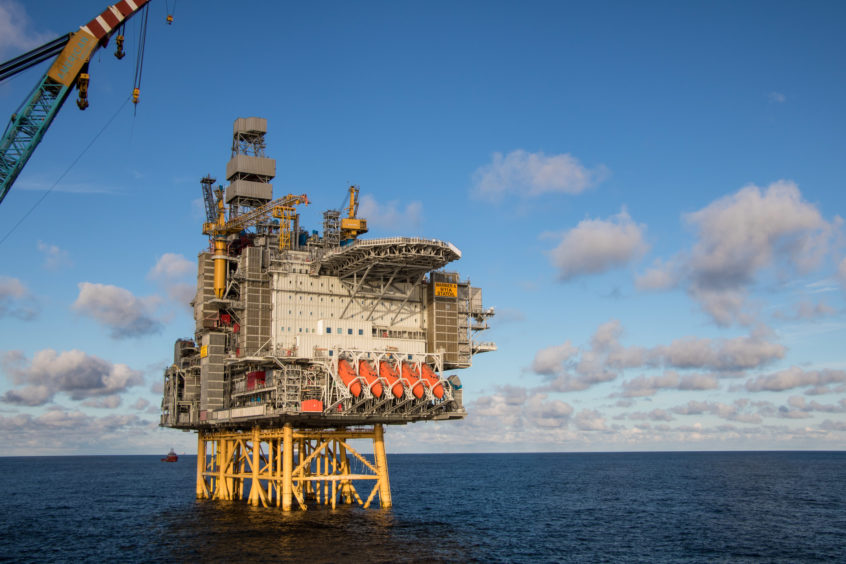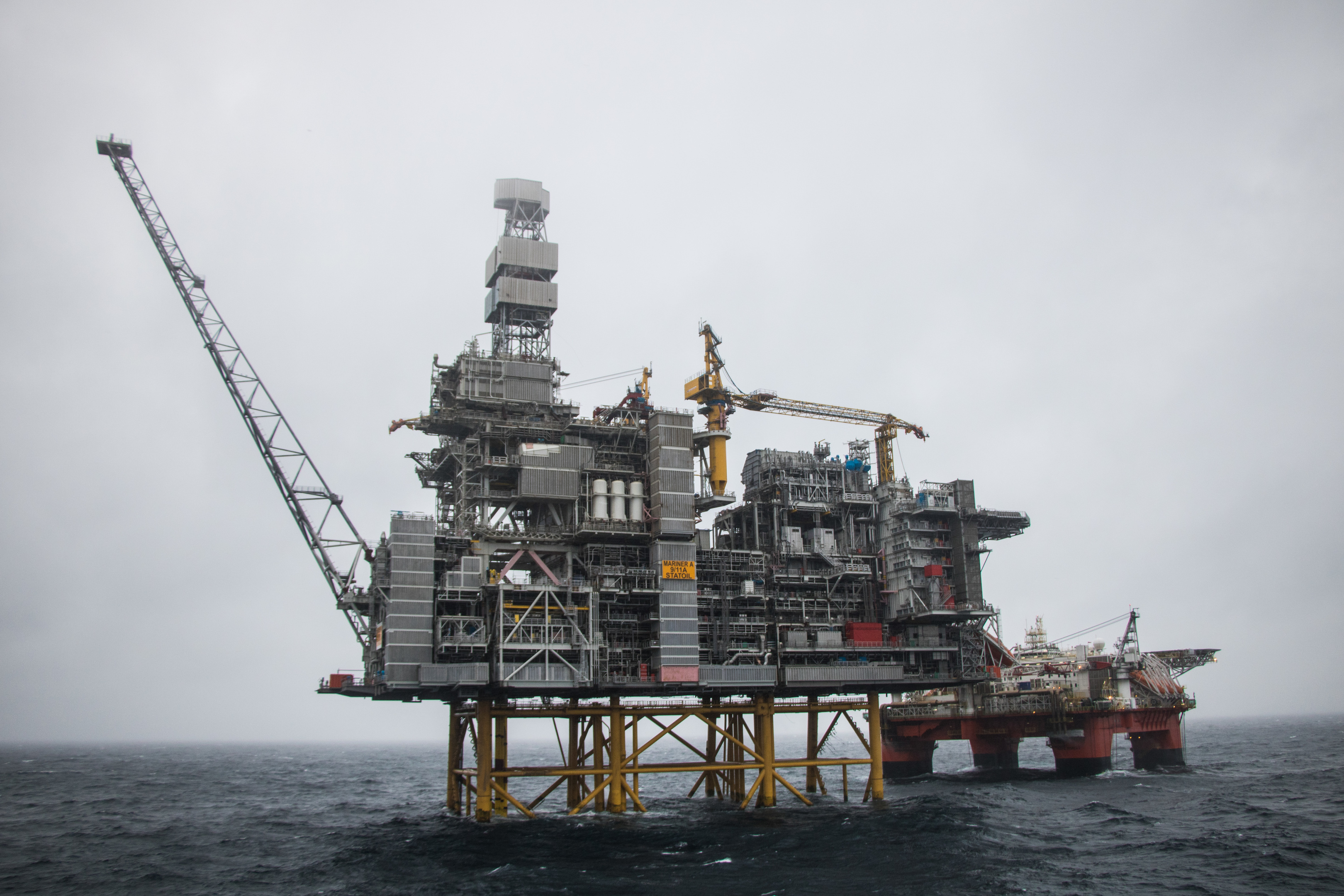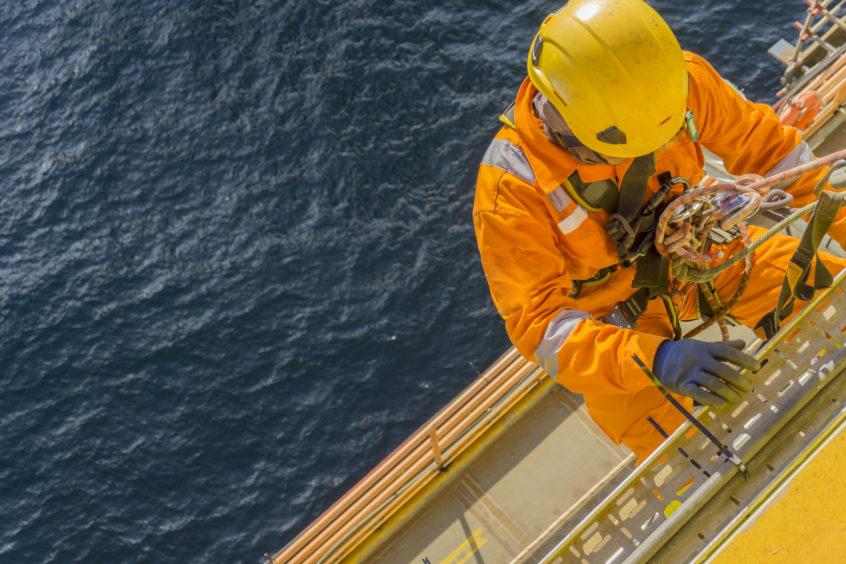
Union workers employed by Odfjell Technology on Equinor’s Mariner platform in the North Sea have called off a planned strike after securing working rota changes.
Last week, around 100 Unite union members employed by Odfjell backed a decision to launch three months of industrial action, with the dispute primarily focused on working rotas.
The union had vowed to bring the Mariner platform to a “standstill” after it said Odfjell was “ignoring the serious concerns which our members are raising” regarding burnout and fatigue.
The strike action was set to start at the platform on Monday, January 29, however in a statement Unite said the workers had “overwhelmingly” voted in favour of an improved offer from Odfjell.
Unite said under the deal, the drillers will now shift to a working rotation of two weeks on and three weeks off.
The union said the deal also includes changes to “pay, terms and conditions”.
Unite industrial officer Vic Fraser welcomed the agreement with Odfjell.
“Not only does this deal give the drillers a safer work and life balance, but it also delivers parity with other workers on the Mariner platform,” Mr Fraser said.
“The deal will also directly benefit Odfjell and Equinor by retaining a highly skilled workforce onboard the Mariner.”
The Mariner field is located around 93 miles east of the Shetland Islands in the Northern North Sea.
The field is expected to produce more than 300 million barrels of oil over the next 30 years.
Energy Voice has contacted Odfjell Technology for comment.
Offshore worker burnout and fatigue
Across the sector, Unite said its offshore members are “increasingly recording concerns over physical and mental burn out, fatigue, and stress due to staff shortages”.
The union said many offshore workers work 12-hour shifts for three weeks at a time, and in addition they must also conduct any required training during their field breaks.
A 2018 report by Robert Gordon University found offshore workers on a three weeks on/three weeks off rotas (3/3) are almost twice as likely to experience ill health by comparison to those on 2/2 shifts.
Working rotas have been at the centre of several recent North Sea industrial disputes, with dozens of TotalEnergies workers securing changes to their schedule last year.
Earlier this week, Unite also announced it is balloting “over 50” chemists, heating and ventilation engineers from the offshore sector on strike action as they seek changes to their rotas.
Meanwhile, a report released last year by North Sea drilling contractors called for “lasting and meaningful” change to how the offshore industry deals with the mental health of its workforce.
Chairman of the North Sea Chapter of the International Association of Drilling Contractors (IADC) Darren Sutherland called for “top-down driven cultural change” and the creation of an industry mental health charter, in a bid to offer “a more joined-up approach” to dealing “holistically” with issues surrounding mental health.
The intervention came after surveys which found that two in five onshore and offshore shift workers experienced suicidal thoughts while on duty.
Offshore workers are also increasingly dealing with physical health problems related to weight gain and poor diet.
Recommended for you


 © Equinor
© Equinor
 © Shutterstock
© Shutterstock